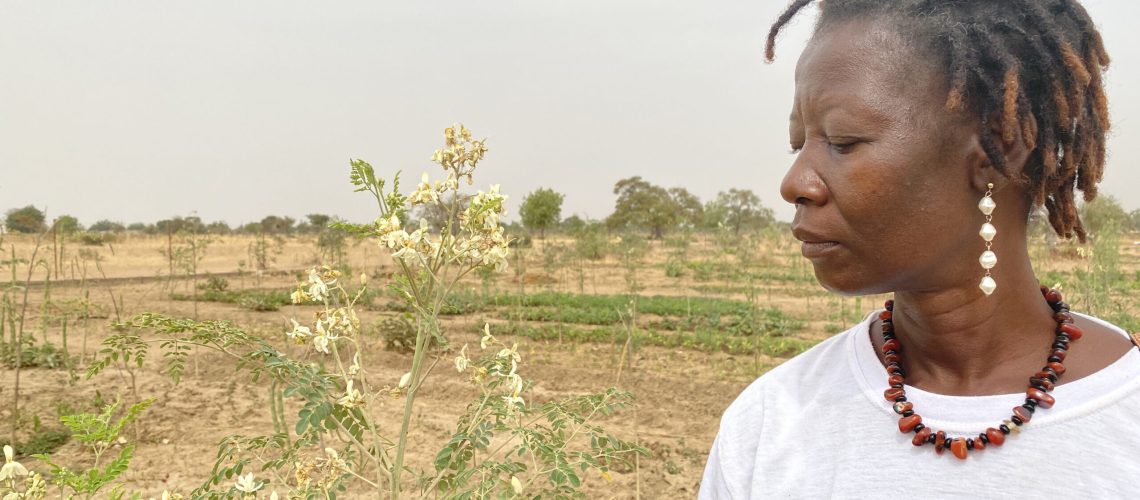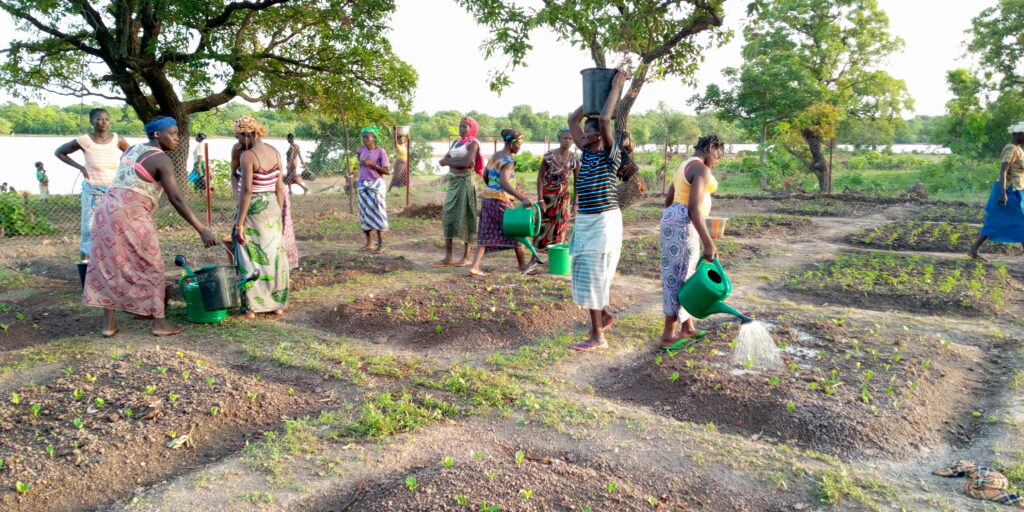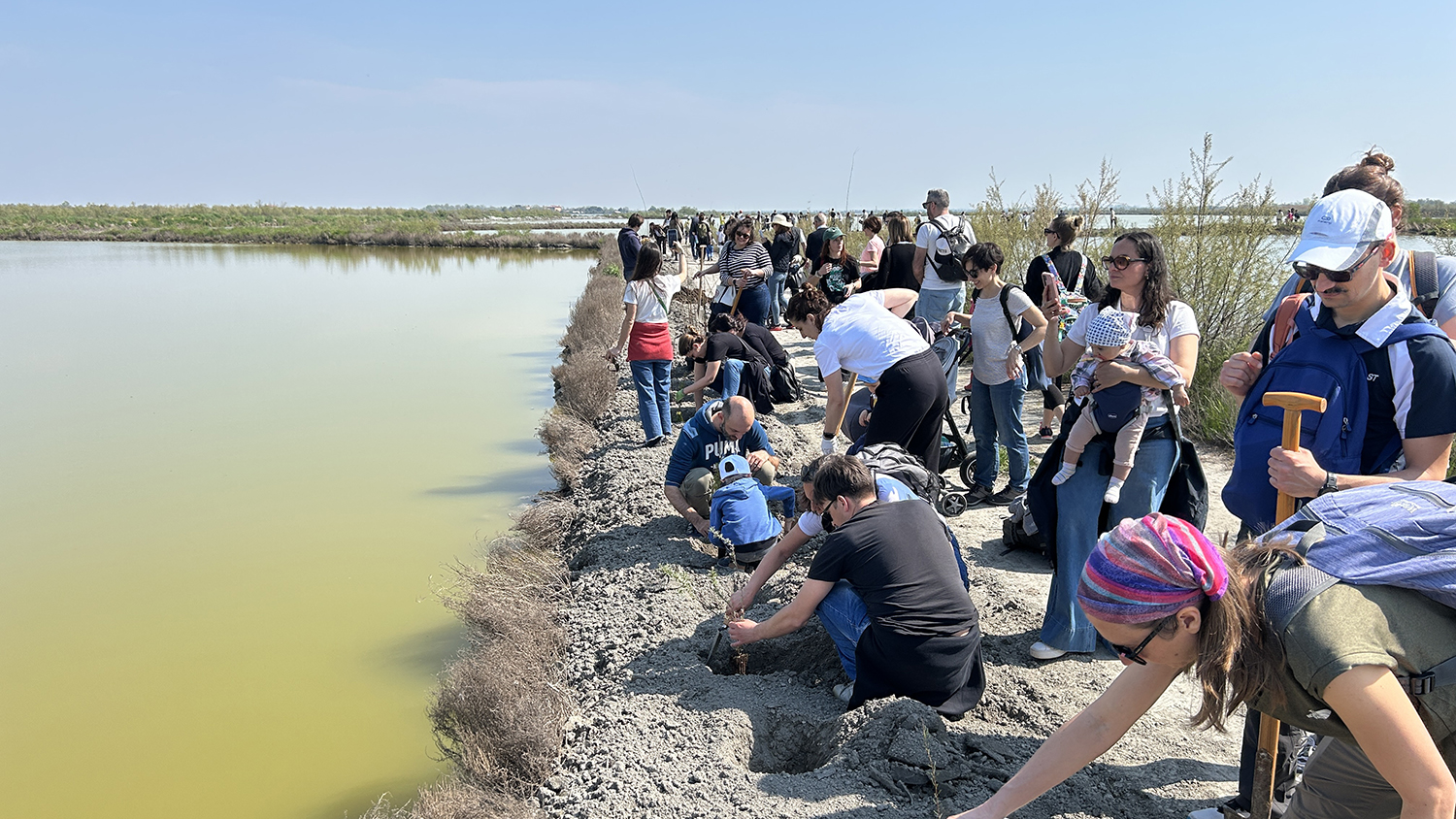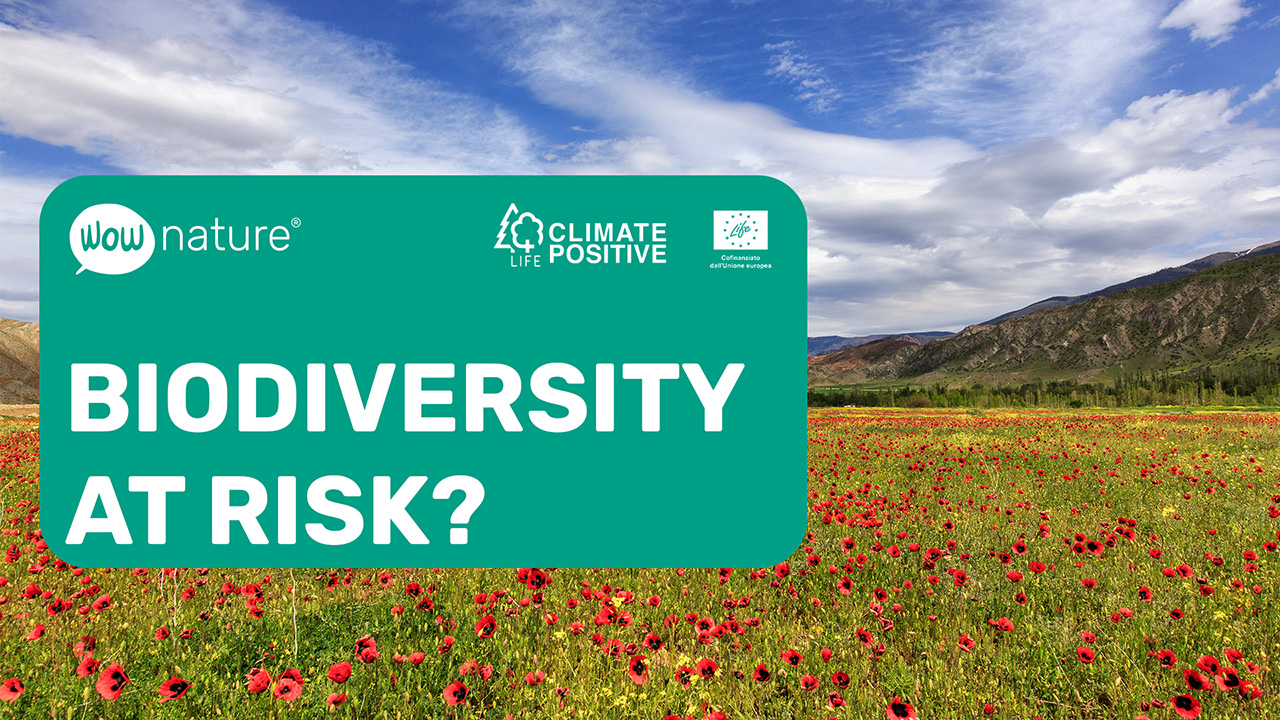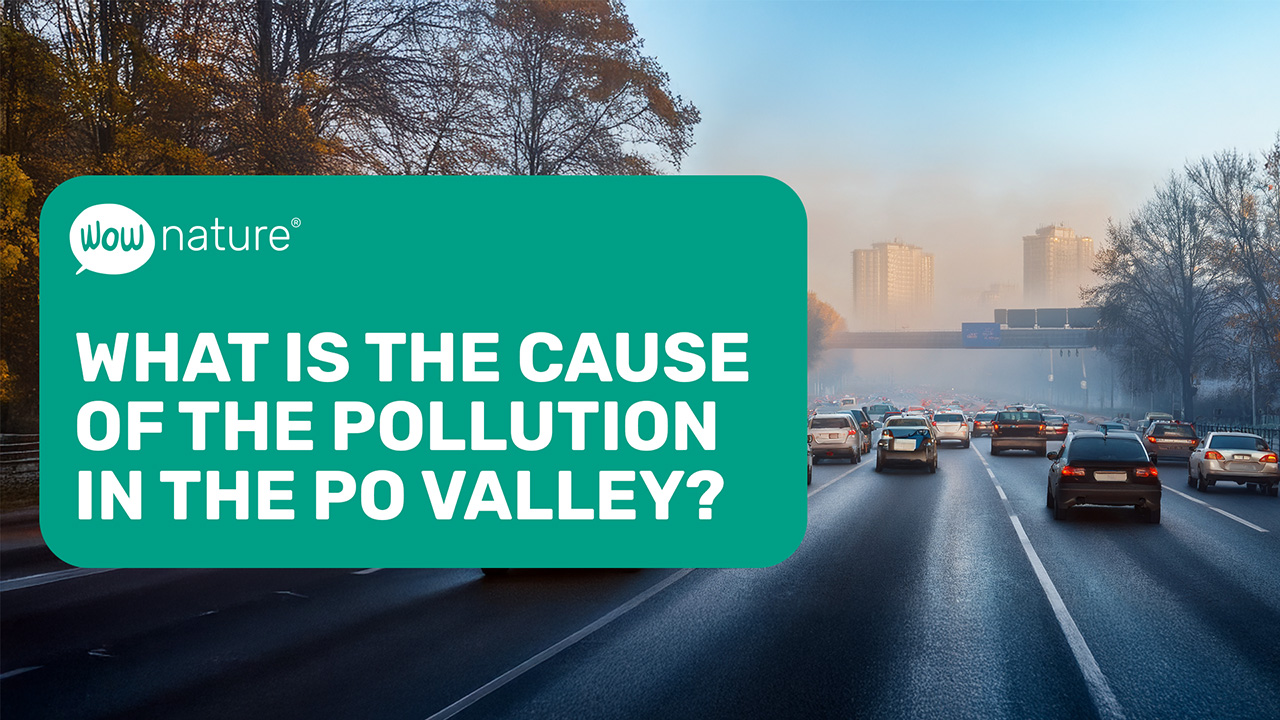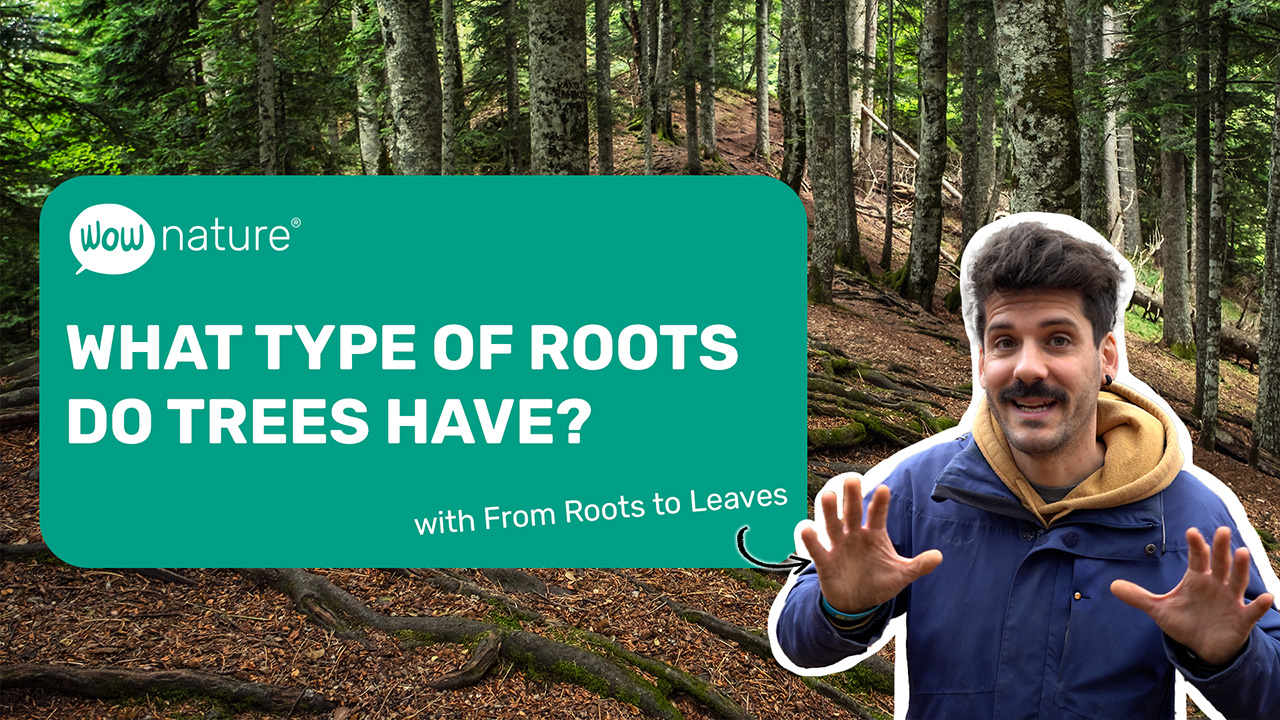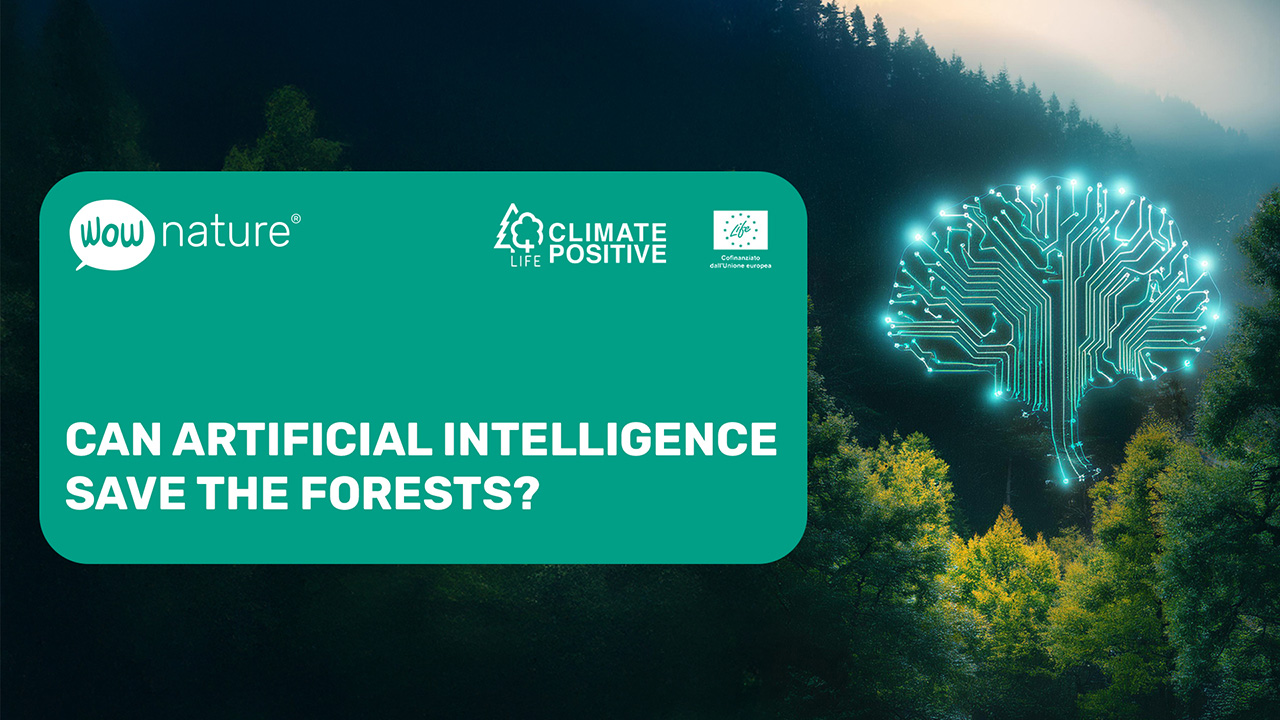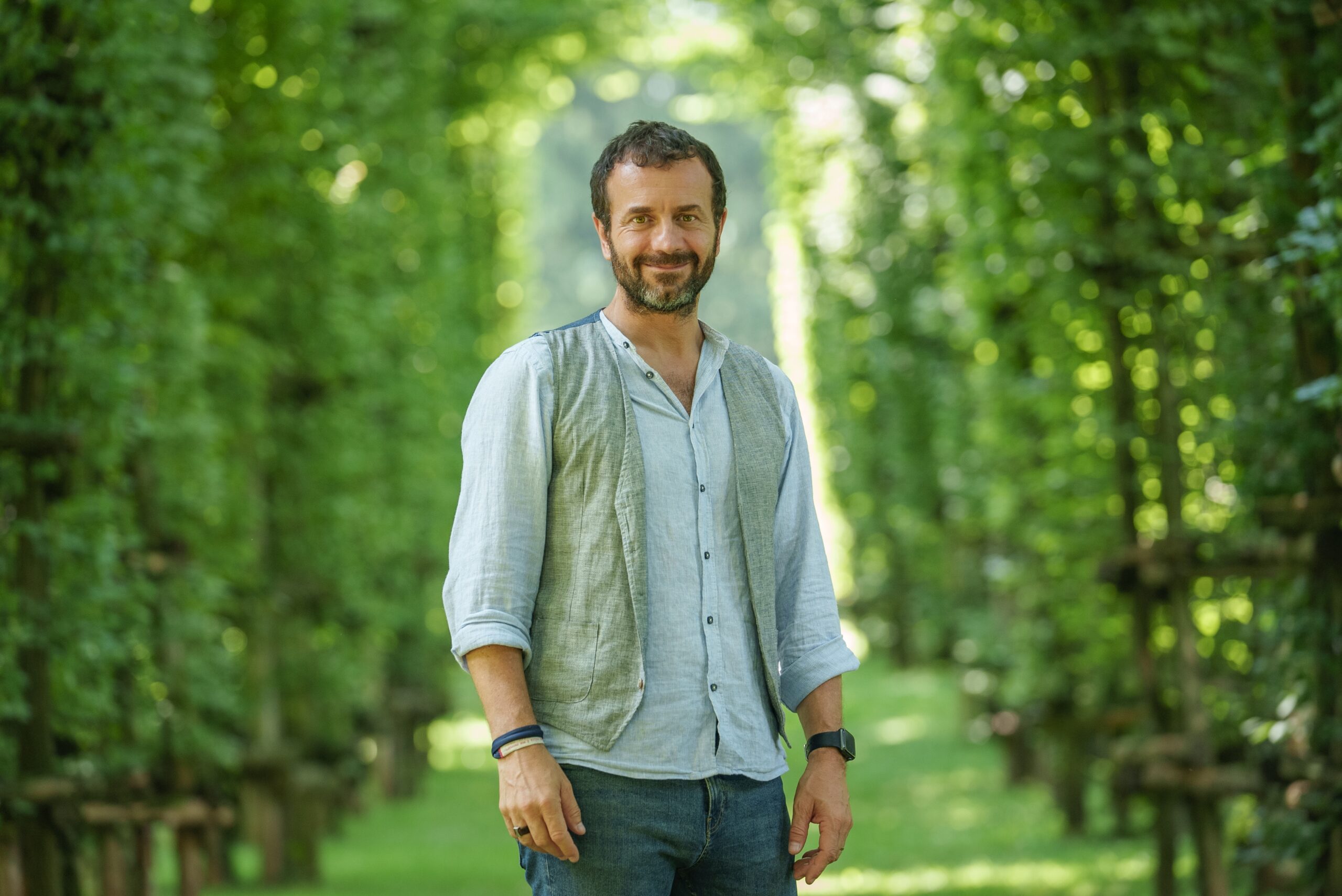
What’s desertification?
According to the 1994 United Nations Convention to Combat Desertification (UNCCD), desertification is “land degradation in arid, semi-arid and sub-humid dry areas attributable to various causes, including climatic variations and human activities”.
In Burkina Faso, the main causes of the high rate of desertification are:
1) the scarcity of water and rainfall combined with long periods of drought, which makes the land completely dry and is eroded by the wind, turning into sand
2) man’s work through over-intensive grazing and agriculture compared to the capacity of the soils.
In relation to the climate crisis, desertification is both cause and consequence. It causes it because in the absence of trees and plants, soils cannot retain CO2. Consequently, it releases it into the atmosphere and generates the rise in temperature. Consequence because if rainfall decreases and temperatures rise, the soil is dry and hinders the growth of vegetation.



